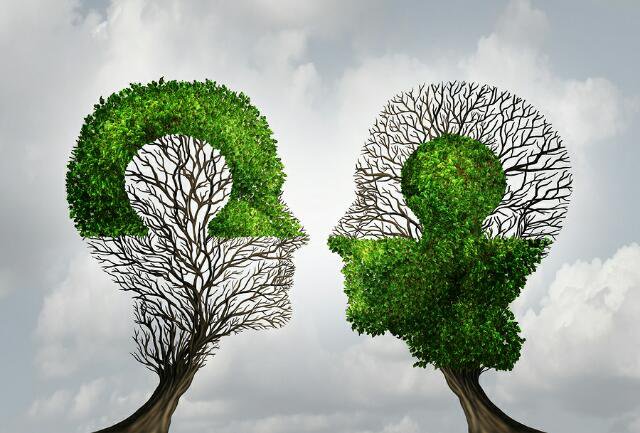In the ever-evolving tapestry of human relationships, we often find ourselves perplexed by a common question: Why do we sometimes develop a strong dislike for someone we once admired? The answer, as it turns out, lies within the intricate workings of the human mind. This blog delves into the dynamics of our minds, the transient nature of our emotions, and the profound lessons they hold for our journey toward becoming better individuals.
The Mind’s Influence on Our Likes and Dislikes:
Our minds play a pivotal role in shaping our perceptions and emotions. When we like someone, it’s our mind that is primarily responsible for this affection, not our soul. Similarly, when we find ourselves disliking another person, it’s our mind at work, generating these feelings. Recognizing this fact is essential, as it leads to a critical realization – the mind is anything but stable.
The Ever-Changing Nature of the Mind:
The mind is a dynamic entity. It constantly shifts and evolves, much like the tides of the sea. It’s the chief reason why our feelings towards someone can transform so rapidly. This understanding is crucial as it allows us to look at our fellow human beings with empathy. We should view them not as unchanging entities but as individuals whose minds, like our own, are in a state of perpetual flux.
Maturity of the Mind:
The maturity of our mind plays a fundamental role in shaping our character. When our mind matures, we become better people. However, if it remains stagnant or immature, our behavior may not reflect our true potential. Thus, it’s vital to nurture and develop our minds to cultivate the best versions of ourselves.
Breaking Free from the Shackles of This World:
Life is often compared to a game, and our interactions with others can resemble the ebb and flow of this intricate chessboard. Yet, we must not become ensnared in the drama of this life game. Our ultimate goal is to ascend towards the “arutperumjyothi” – a state of enlightenment or higher consciousness. This transcendent goal should guide our actions and decisions.
The Power of Good Deeds:
Our actions hold the key to our personal growth and spiritual journey. By committing to good deeds, we align ourselves with the divine and attract positive energies. It’s a simple yet profound truth: if we do good, goodness will find its way back to us.
Emulating the Selfless Sun:
The sun is a remarkable example of selflessness. It provides warmth, light, and life to our planet without expecting anything in return. As we navigate the complexities of human relationships and life itself, we should strive to embody the selflessness of the sun. By giving without expectation, we can contribute to a more harmonious and compassionate world.
Conclusion:
In the grand scheme of things, our ever-changing minds hold the power to influence our relationships and the trajectory of our lives. As we navigate the intricacies of human interactions, we must remember that understanding the mind’s fluidity and prioritizing personal growth are keys to reaching our higher purpose. By doing good, practicing selflessness, and acknowledging the impermanence of this world, we can draw closer to the enlightenment and inner peace we seek on our journey.

